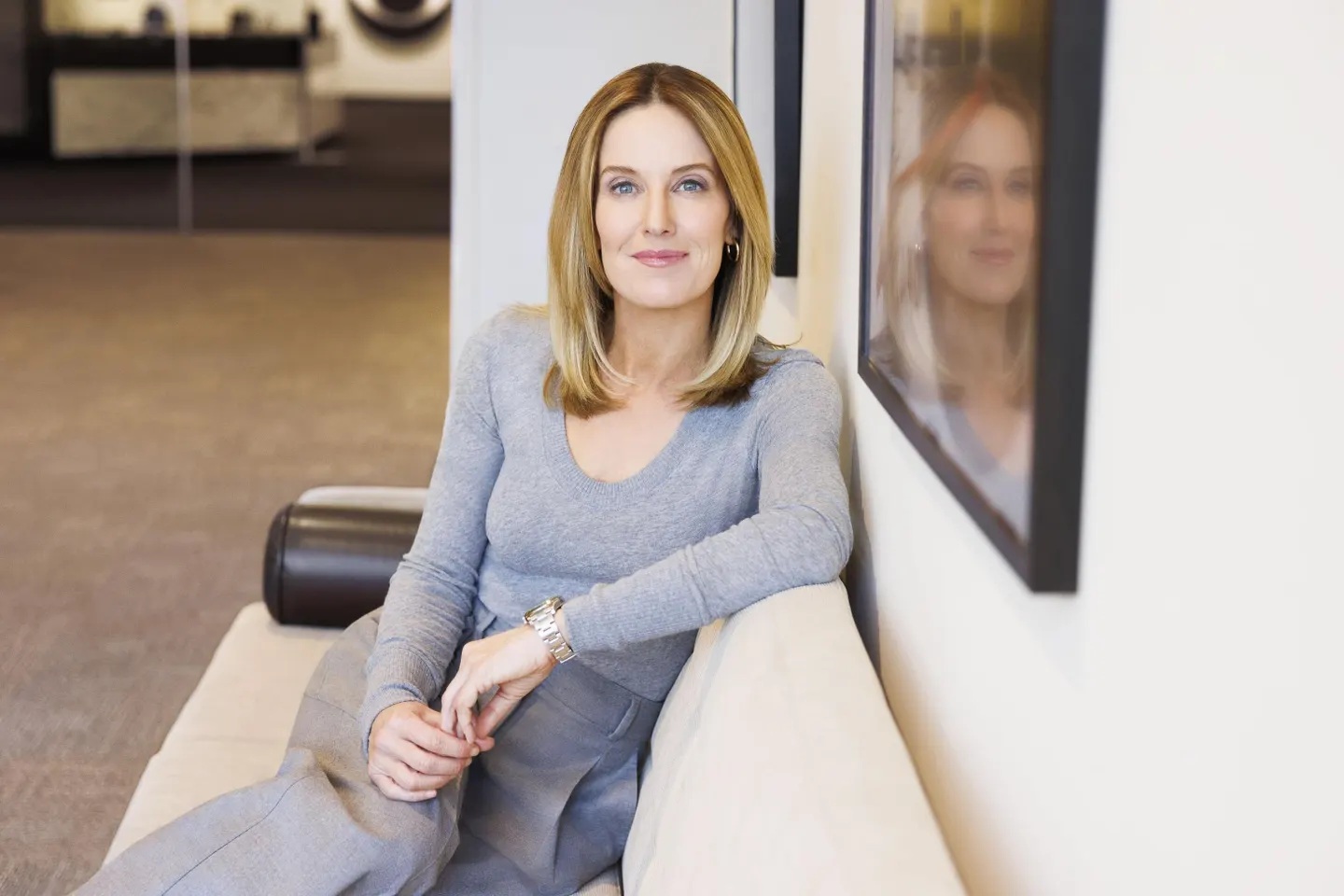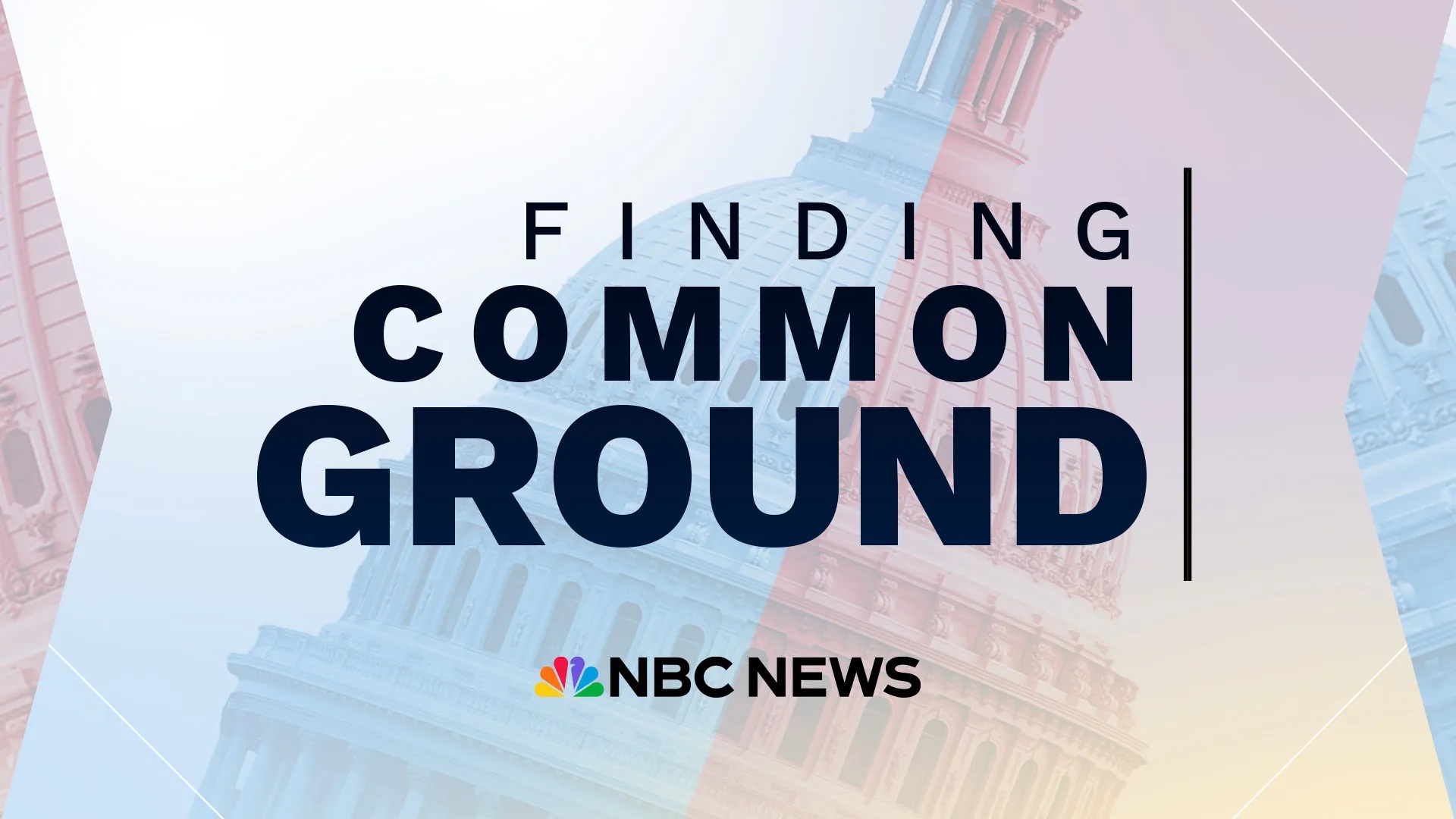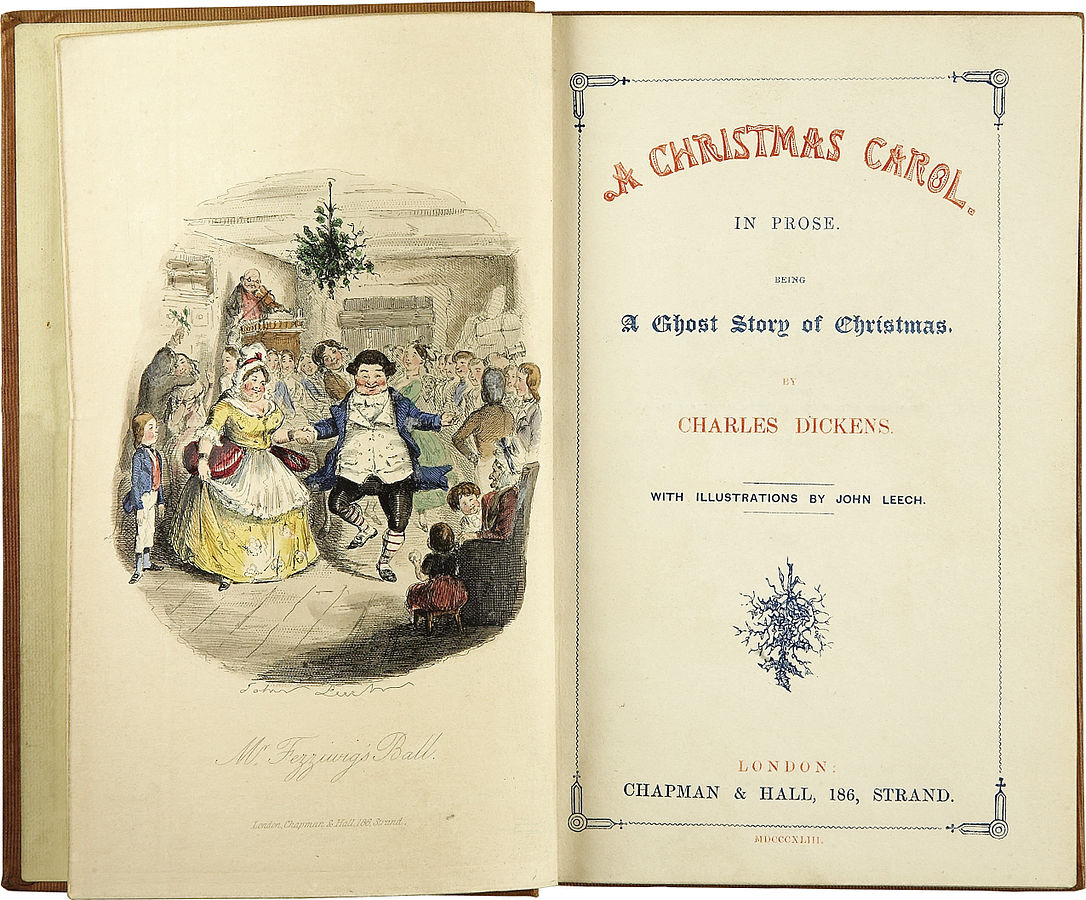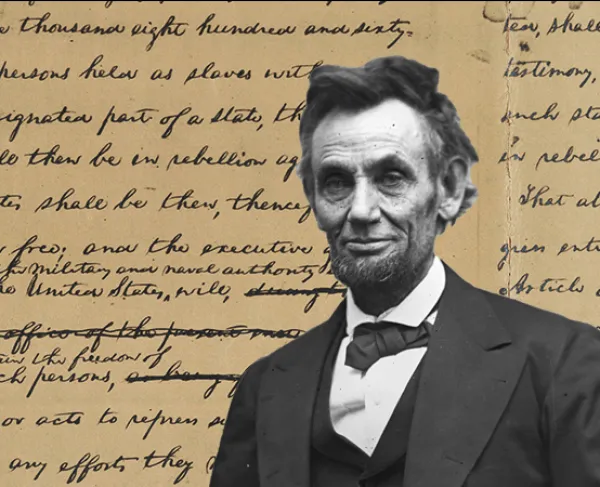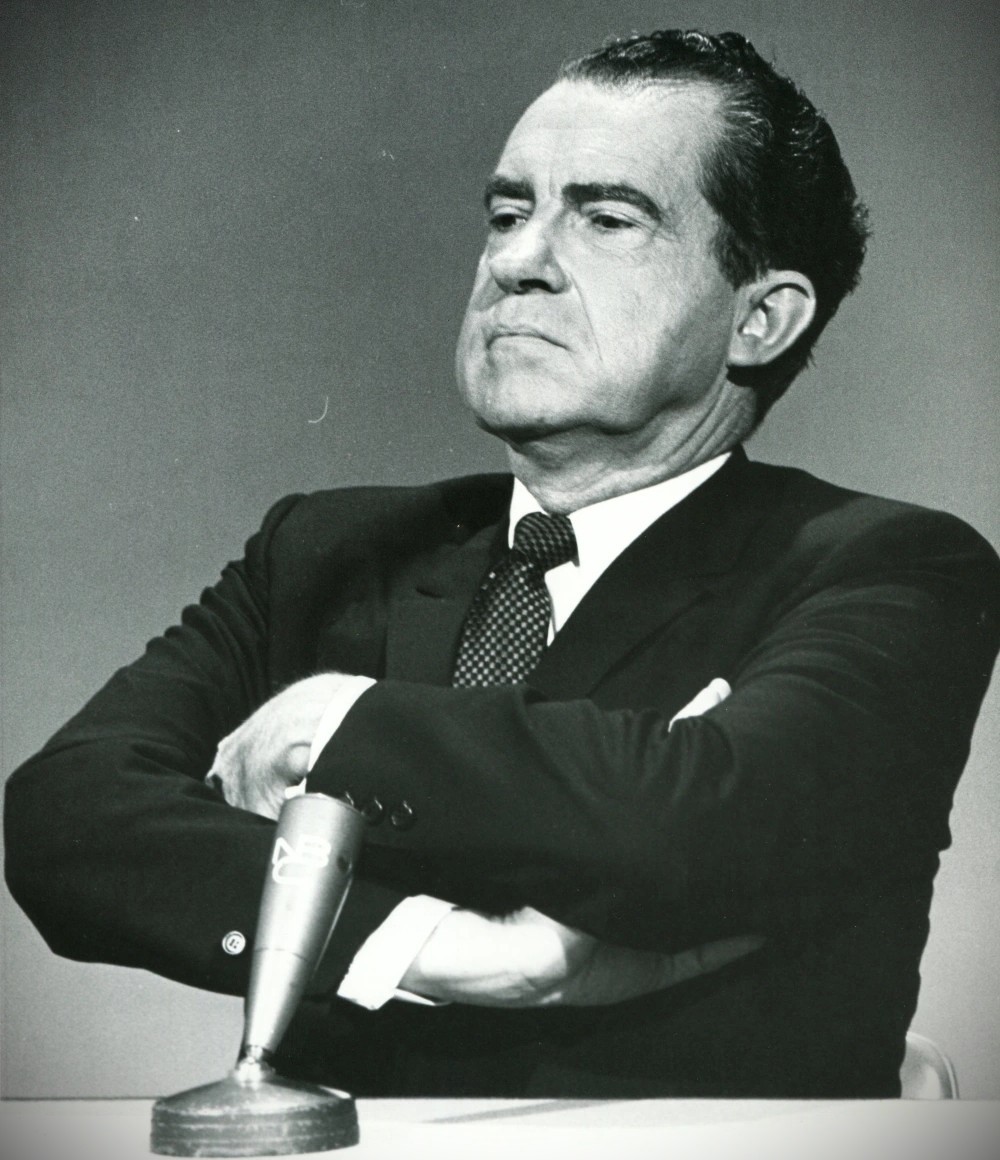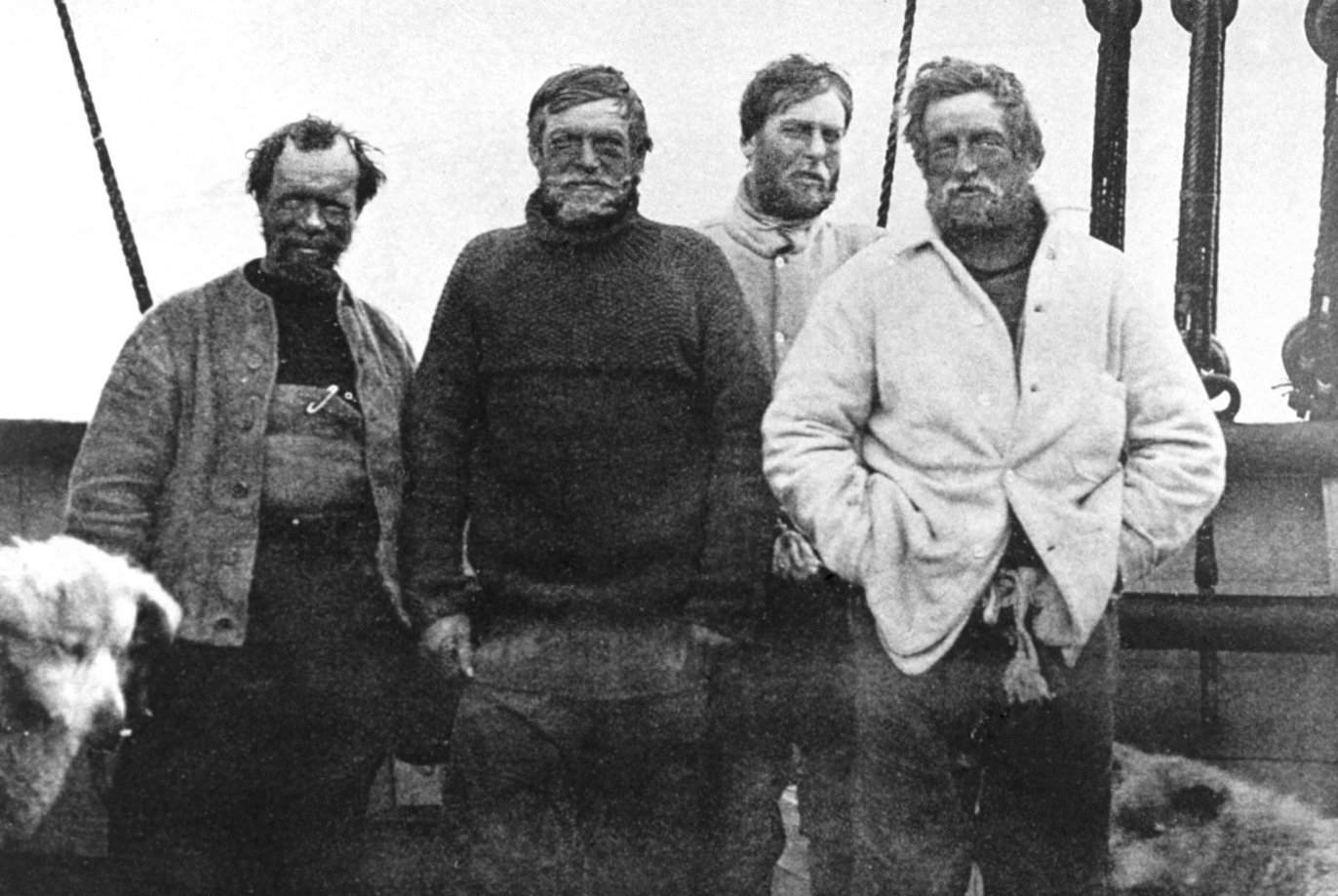While people can disagree about religious, political and cultural values, most are not likely to disagree about universal, ethical values. I haven’t come across a levelheaded individual who does not wish to be treated honestly, fairly or with respect. However, those same people can disagree about what is right within a given circumstance.

According to a recent report (June 30) by an independent panel looking into the arrest of Harvard Professor Henry Louis Gates, Jr. by Cambridge police Sergeant James Crowley, both men missed opportunities to “ratchet down” their respective disagreements.
The 12-member Cambridge Review Committee composed of law enforcement, community members as well as experts on race relations concluded that “…the incident was sparked by misunderstandings and failed communications between the two men.”
Last July, the police responded to a call about a possible burglary at the Gates home in Cambridge, Massachusetts. Returning home from a trip, Gates reported that he tried to open a jammed front door to gain entry to his house. However, as soon as the police arrived, the report said the situation deteriorated “within seconds.” Gates said he was the victim of racial profiling. Crowley said Gates was belligerent and ultimately arrested for disorderly conduct.
Committee Chair Chuck Wexler said, “This is not just about race. This is about something else as well. You can’t take race off the table, you can’t take class off the table, and you can’t take police authority off the table. But this encounter is much more about the relationship that these two individuals had.”
The report’s conclusions said that, “[O]nce he saw Professor Gates’s identity, Sergeant Crowley could have taken greater pains to explain the uncertainty and potential dangers of responding to a serious crime-in-progress call. Perhaps he could have expressed why, in the early stages of such a call, police officers must focus on the safety of the public and their own safety, and why his need to assess and mitigate any risks may have caused him to adopt a seemingly abrupt tone.
“On the other hand, Professor Gates also told the Cambridge Review Committee that in retrospect, he would not have done anything differently, except that he would not have followed Sergeant Crowley outside of his house when the officer was moving to leave the scene.
“The Committee believes that Professor Gates, like Sergeant Crowley, missed opportunities to de-escalate the encounter. Professor Gates could have tried to understand the situation from the point of view of a police officer responding to a 911 call about a break-in in progress, and could have spoken respectfully to Sergeant Crowley and accommodated his request to step outside at the beginning of their encounter.”
Based on the report, Gates was “wary—of the police” and “did not recognize Sergeant Crowley’s concerns or why the Sergeant wanted him to step outside his own home.”
Crowley was fearful of Gates when the Harvard professor challenged the officer’s authority. Both men needed to practice restraint through calm and thoughtful communication. Gates could have taken a moment to examine the situation from officer Crowley’s perspective and Crowley could have more clearly explained his reasoning for confronting Gates at his home.
Based on the report, Gates seemed to ignore Crowley’s responsibility as a police officer to protect and serve the citizens of Cambridge. Crowley seemed to react to Gates’ heated and aggressive language. Both men allowed their emotions to take charge rather than work to resolve the situation through composed and considerate communication.
It’s sad to realize that both men, one a well-respected police officer and the other, a well-respected professor did not exercise appropriate judgment in handling their own actions. In the end, both demonstrated a lack of responsibility and respect for the other.
What can we learn from the incident?
Whenever a situation arises where the possibility of escalating tensions exists, the ethical decision-maker will try to respond with calm and clear communication, look at the situation from the perspective of all stakeholders, and act with the necessary responsibility.
The report’s title sums it up best – Missed Opportunities, Shared Responsibility.
Comments
